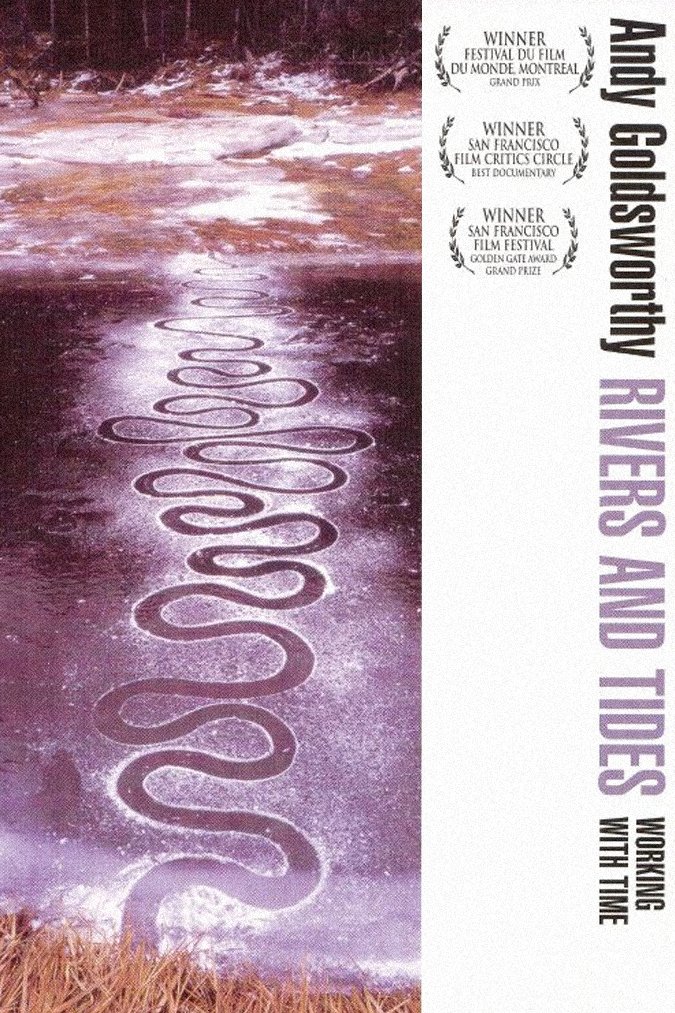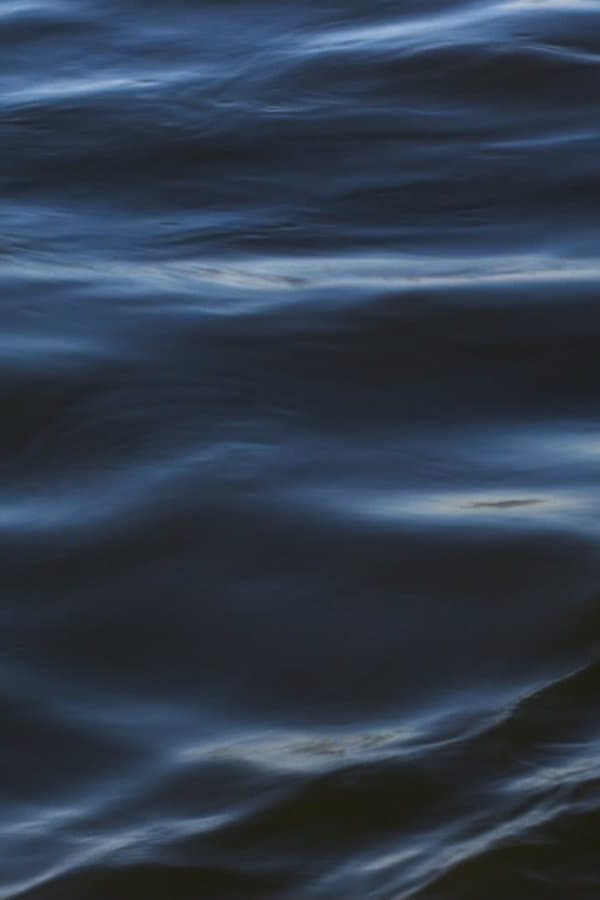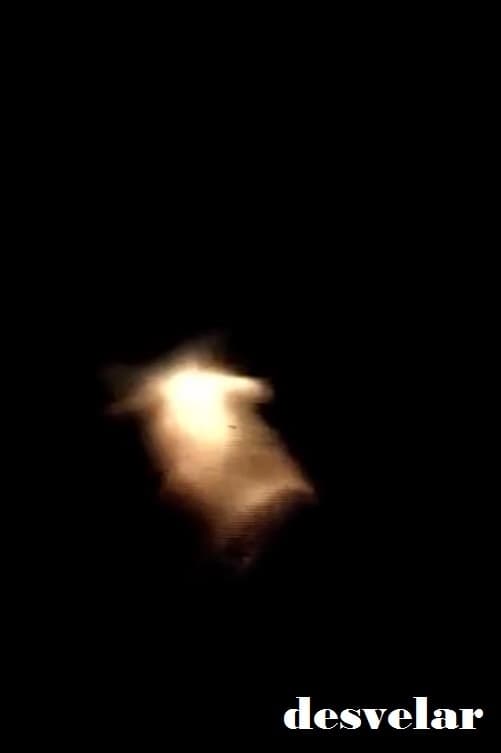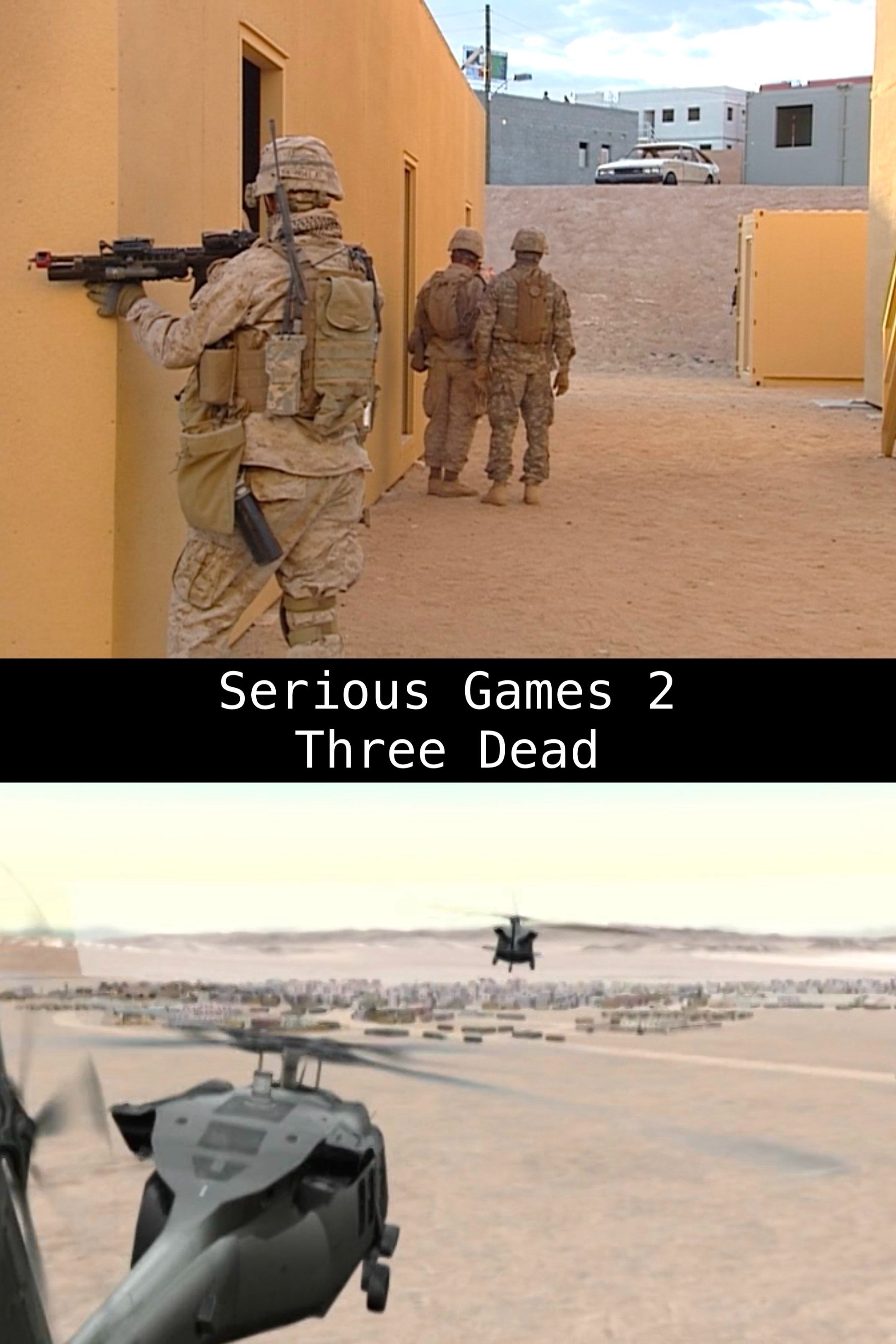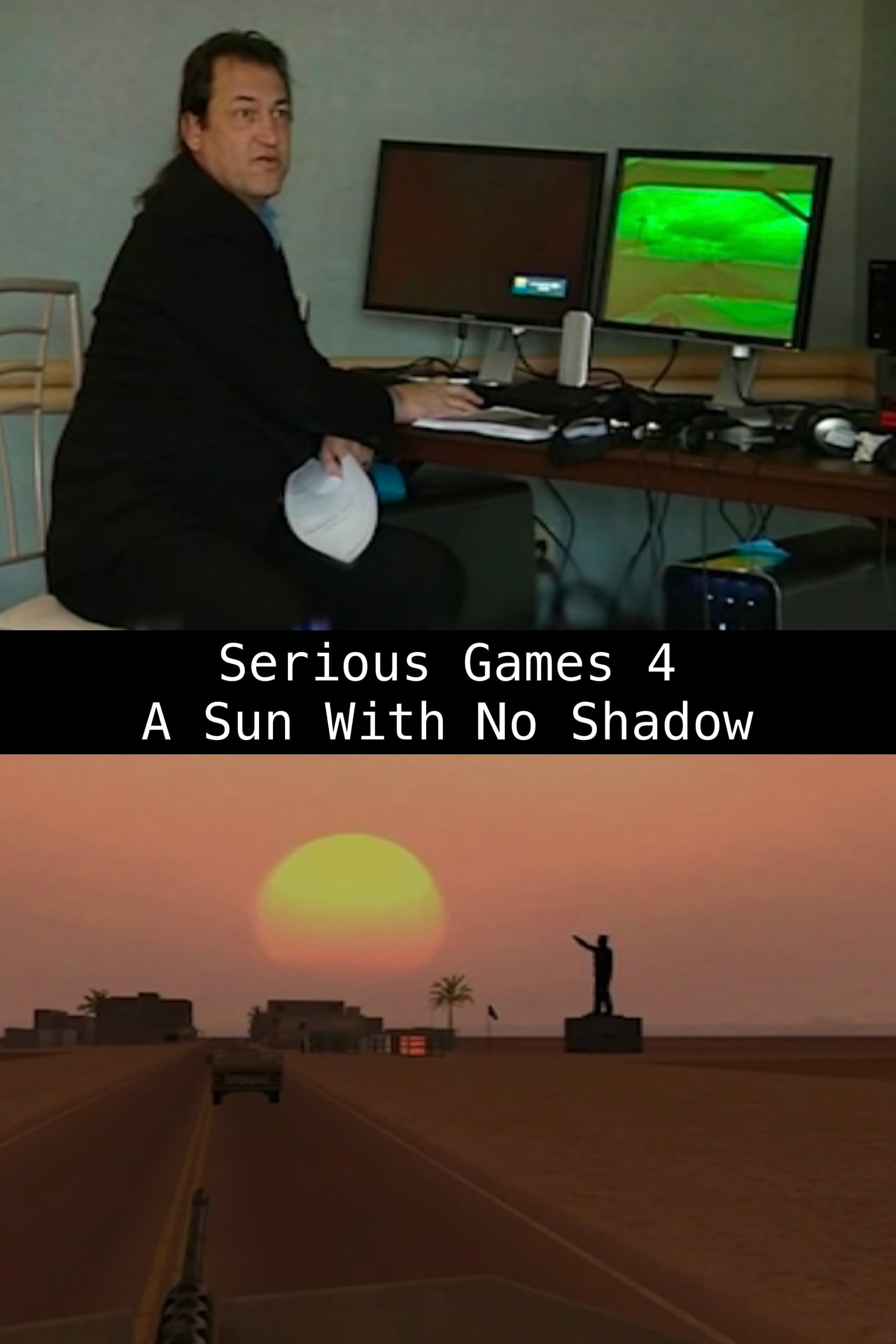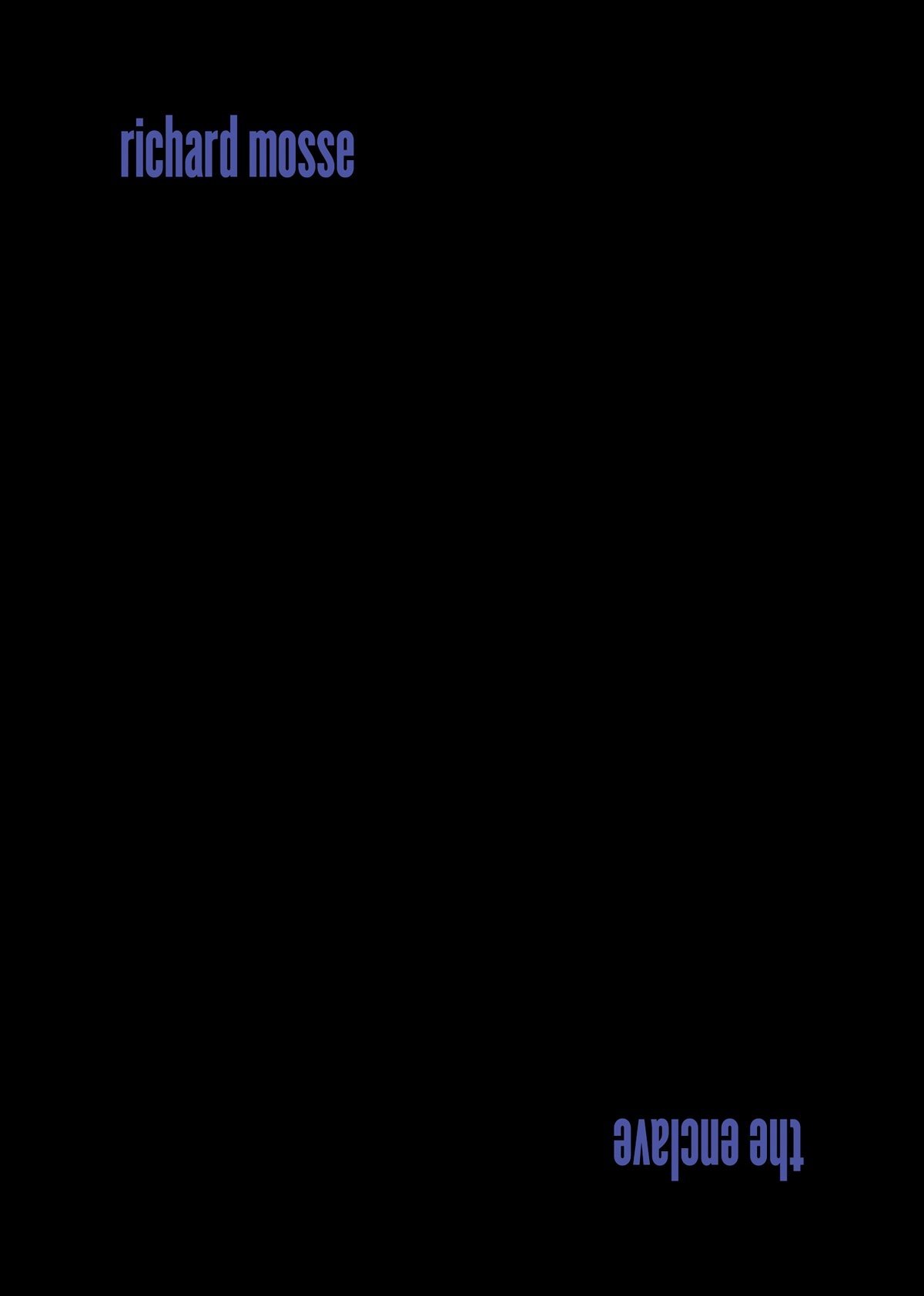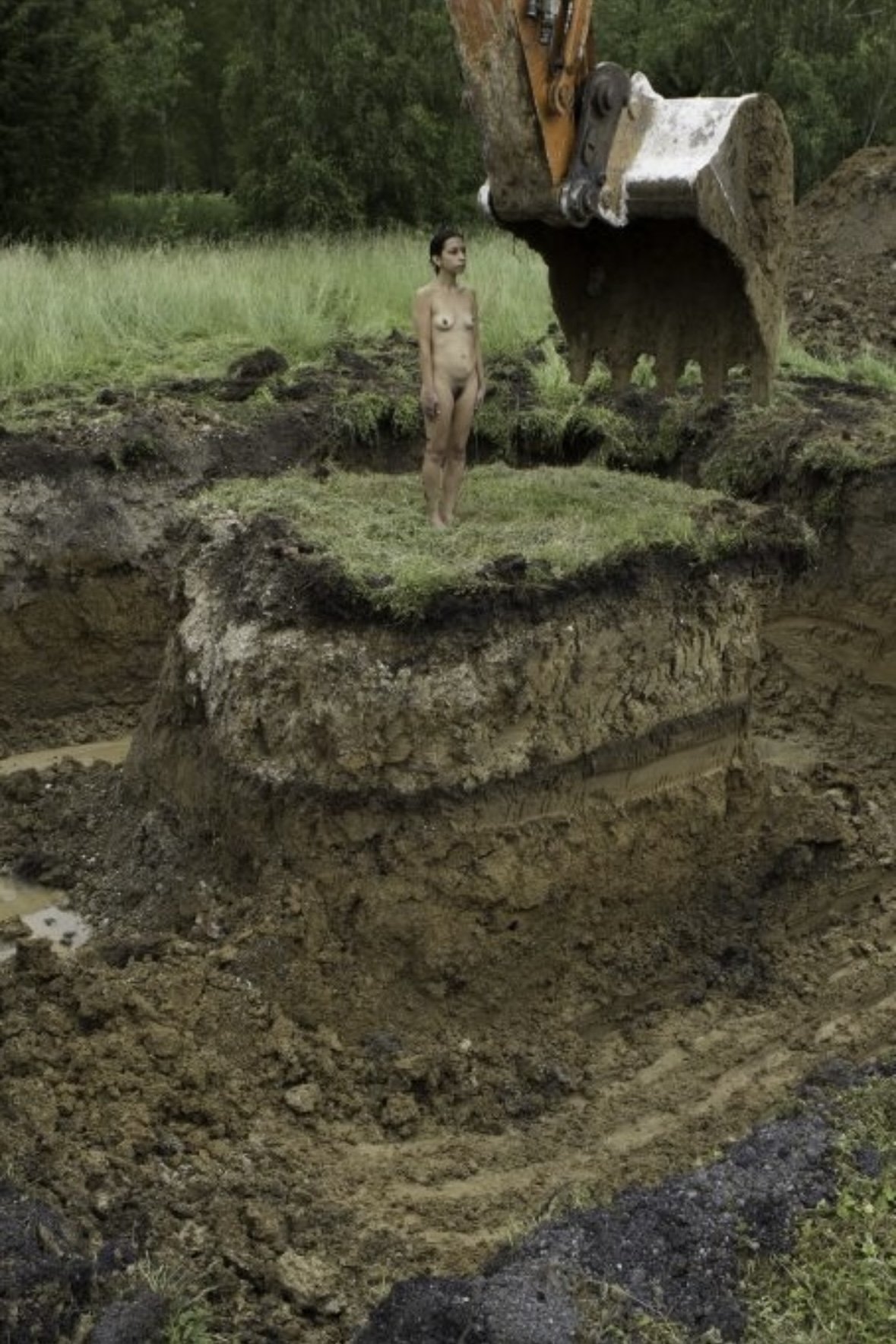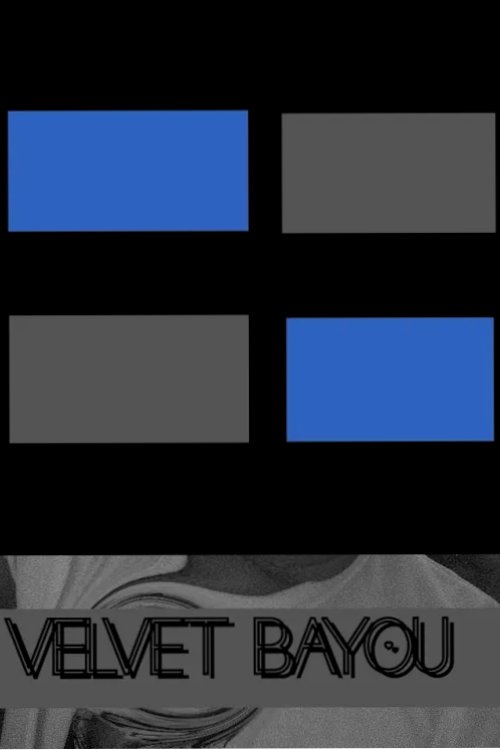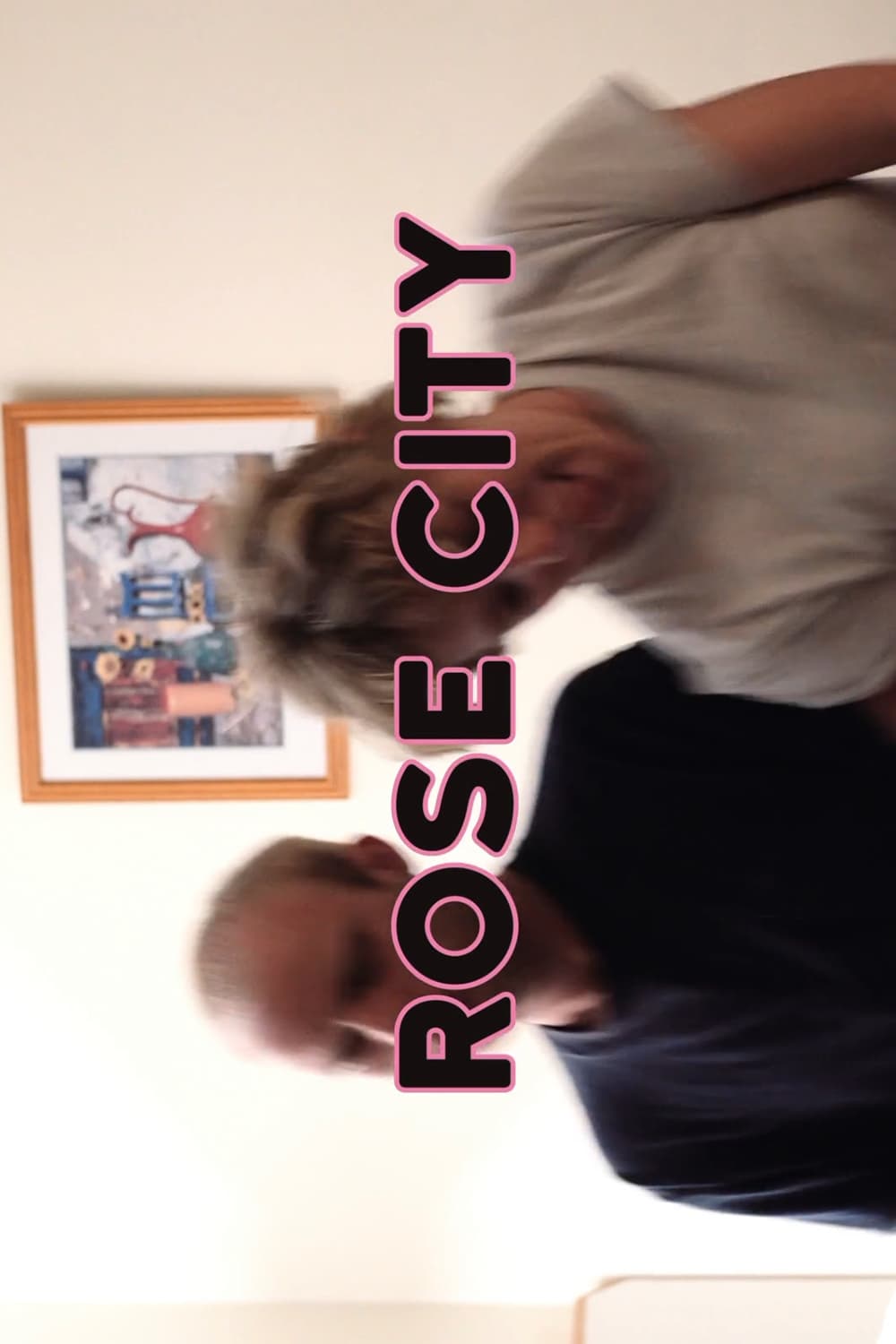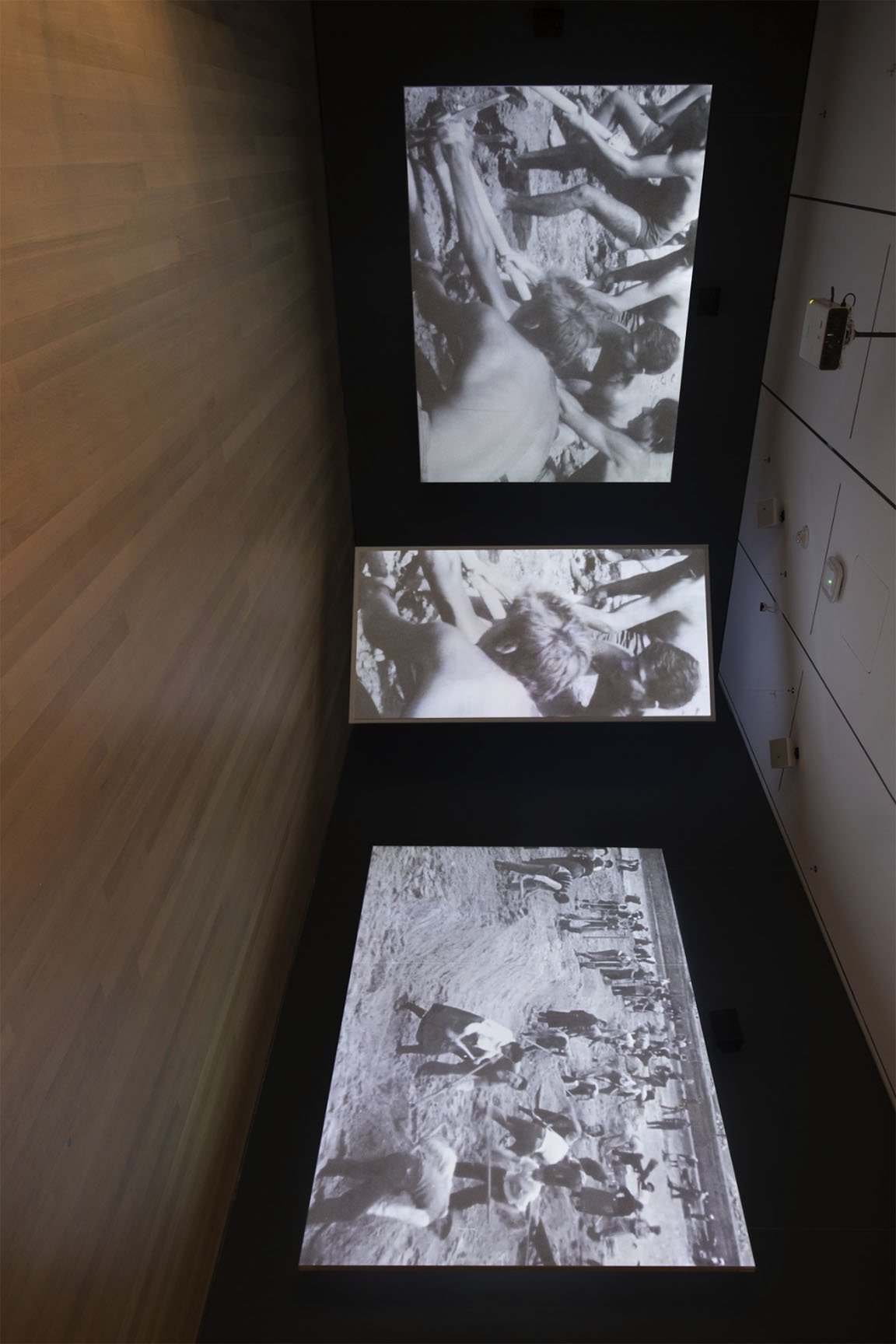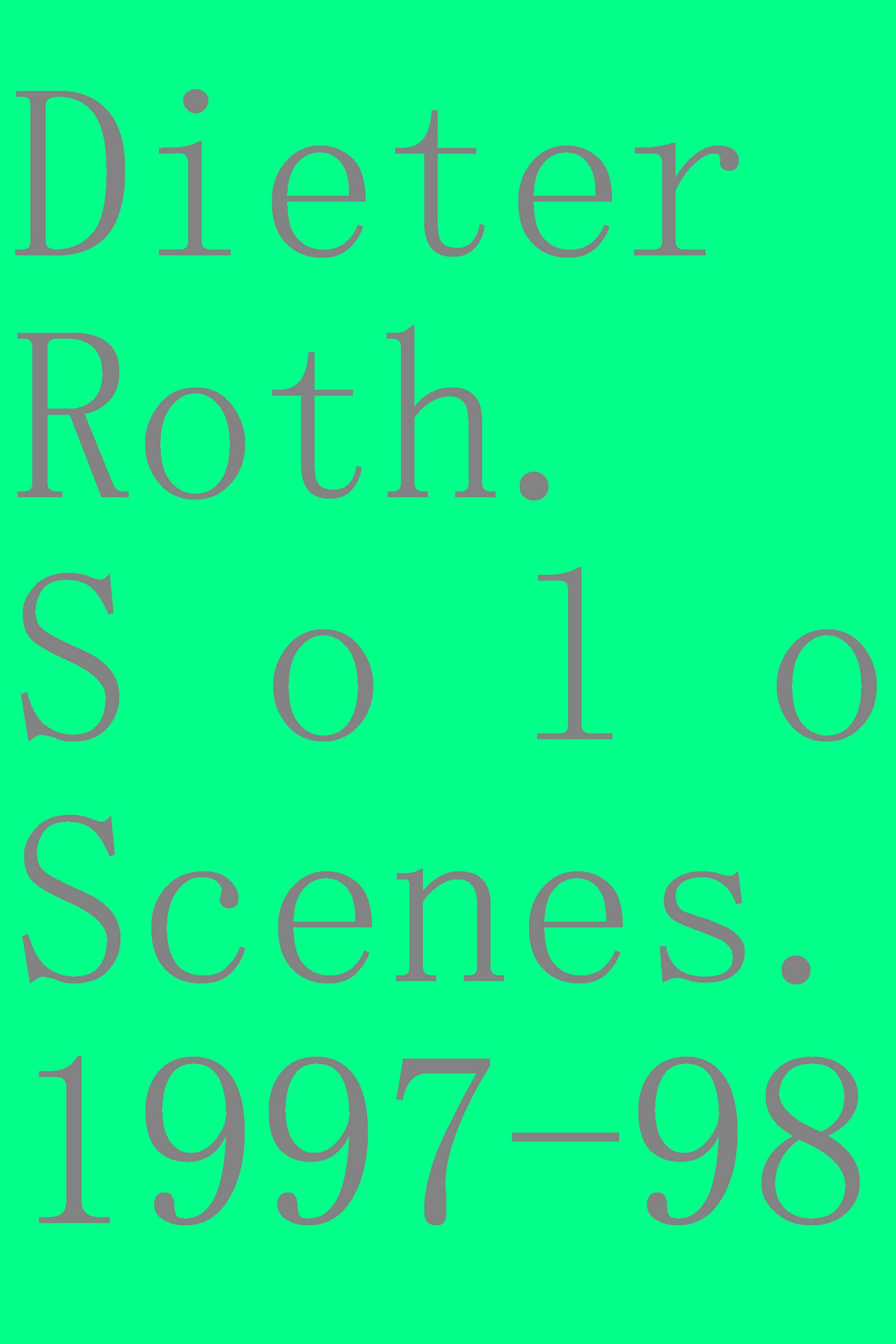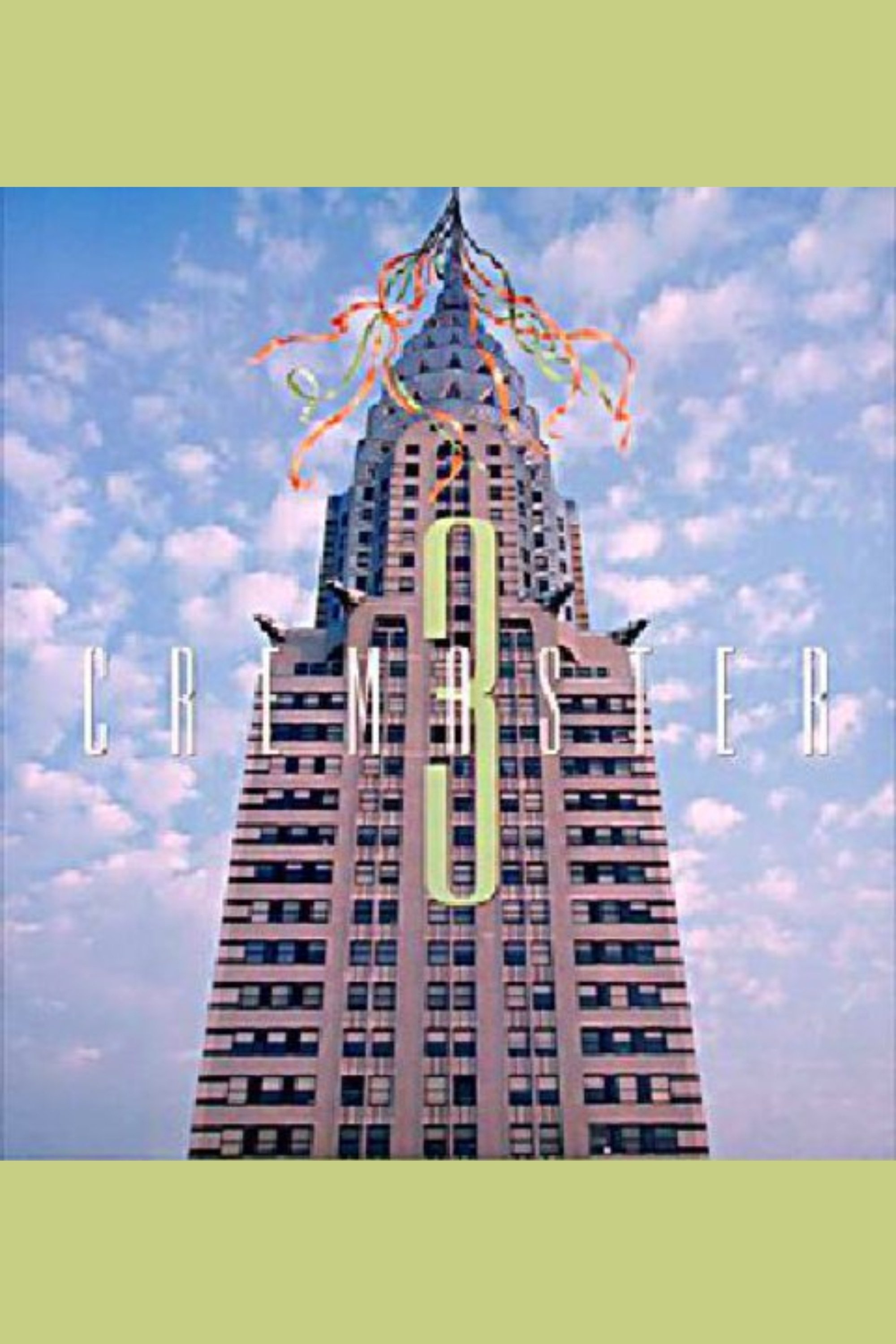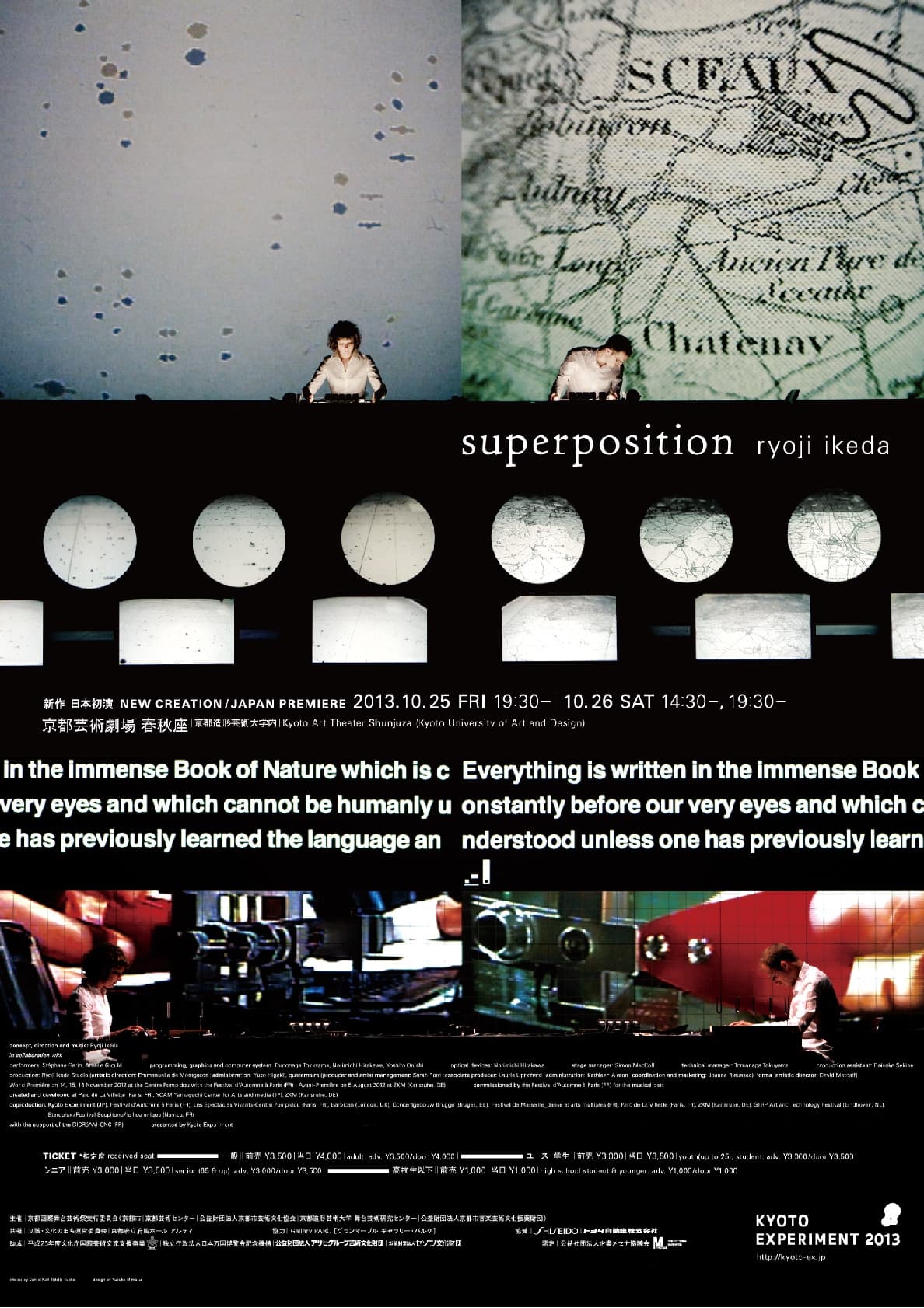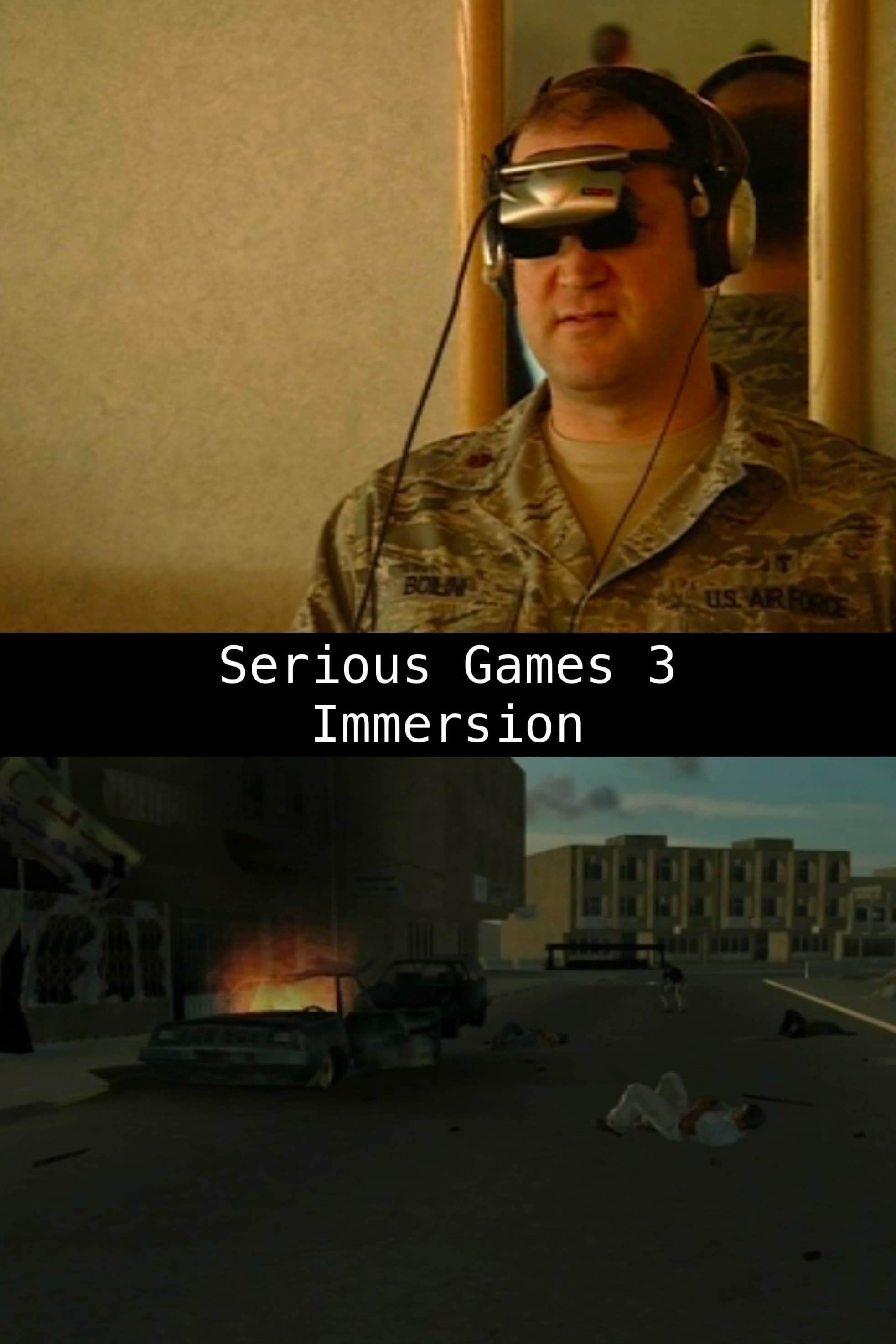
Serious Games 3 – Immersion (2010)
Overview
An exploration of how the U.S. military employs video game technology to train troops for war. In Immersion, Farocki presents footage of a role-playing exercise in which military psychologists demonstrate how to use the PTSD program on their colleagues, who describe traumatic wartime experiences. On a second channel, their descriptions play out as virtual renderings.
Production Companies
Additional Info
| Budget | $0.00 |
|---|---|
| Revenue | $0.00 |
| Original Language | en |
| Popularity | 0.496 |
Directed By
Harun Farocki
Crew
Harun Farocki
Harun Farocki
Harun Farocki
Matthias Rajmann
Matthias Rajmann
Max Reimann
TOP CAST
Similar Movies
Birth of a Nation
This three-channel video installation by James Benning shows three scenes from David Wark Griffith’s The Birth of a Nation (1915). The two-minute-long screen arrangement of imperceptibly moving images alludes to the beginning of racism. The three screens each show a solider in the American Civil War, black slaves picking cotton in the field, and imposing KKK.
Rivers and Tides
Portrait of Andy Goldsworthy, an artist whose specialty is ephemeral sculptures made from elements of nature.
Sandra of the Tuliphouse or How to Live in a Free State
Past and present life in the anarchistic "free city" of Christiania, in Copenhagen, Denmark. In Sandra of the Tuliphouse or How to Live in Free State, Christiania is approached at face-value, as a self-described laboratory of freedom, an environment that provides an almost unparalleled opportunity to unravel a very particular history of markedly contrasting power relations and vivid social forces. Borrowing from the usually dispirit practices of cultural geography and fictional narrative the project is constructed as a visual, spatial, and aural investigation of the site. The situation at Christiania in 2001 is compared with its distant past as a military base, its more recent utopian regeneration, and its possible future.
The Flood
The decision to move to Holland doesn't sound like a wise idea. Why move to a country that could be flooded at any moment? For the last 25 years, the political climate has shifted. The public debate on migration has become harsher, more heated, and polarized. What would have been considered right-wing xenophobia back then, is now considered mainstream. Populists simplify complex realities into good and evil, victims and perpetrators: ‘us’ versus ‘them’. Their rhetoric often consists of dehumanizing words and metaphors. One of these is ‘water’. In reality, water is not an immediate threat to the average Dutch person; but it is a huge threat to the thousands trying to reach the Netherlands. People trying to survive the Mediterranean Sea in rubber boats. Trying to survive winter on the Aegean coast in primitive tents. To them, water really is deadly.
Serious Games 1 – "Watson Is Down"
An exploration of how the U.S. military employs video game technology to train troops for war. Filmed at the United States Marine Corps Air Ground Combat Center, Watson is Down pairs footage of soldiers at computers engaging in combat-simulation training with scenes from the video games.
Serious Games 2 – Three Dead
An exploration of how the U.S. military employs video game technology to train troops for war. Three Dead depicts a military exercise within a mock Iraqi town built on the outskirts of Twentynine Palms, California, blurring the line between computer simulation and reality.
Serious Games 4 – A Sun With No Shadow
An exploration of how the U.S. military employs video game technology to train troops for war. In A Sun With No Shadow, Farocki calls attention to the subtle differences between the simulations for combat training and PTSD. With the former, the sun can be programmed to cast shadows in the virtual combat zones, while the latter, less expensive technology does not offer this feature.
Flys and Angels
Ilya Kabakov is considered one of the most important contemporary artists worldwide. Born and raised in the Ukraine in the period between Stalin and Gorbatschow he left the country in the 80s. In his Installations and his numerous paintings Kabakov creates a world of its own, which leaves the heaviness of socialist and post-socialist life far behind. The film links Ilya Kabakovs artistic spaces with insights into Russian everyday life, which itself sometimes appears like an installation by the artist.
The Enclave
Commissioned for the Irish representation at the 55th Venice Biennale in 2013, The Enclave is an immersive, six-screen video art installation by Irish contemporary artist Richard Mosse. Partly inspired by Joseph Conrad’s modernist literary masterpiece Heart of Darkness, the visceral and moving work was filmed in the Democratic Republic of Congo using 16mm colour infra-red film, which captures otherwise invisible parts of the spectrum. The resulting imagery in Mosse’s work is hallucinatory and dream-like with the usual greens of jungle and forest replaced by shimmering violet. The Enclave depicts a complicated, strife-ridden place in a way that reflects its complexity, using a strategy of beauty and transfixion to combat the wider invisibility of a conflict that has claimed so many.
Tierra
"Regina José Galindo’s Tierra (2013) explores connections between the exploitation of labor, resources, and human life in Guatemala. Presented at a larger-than-life scale, Galindo stands naked on a parcel of land that is excavated by an encroaching bulldozer. Conjuring imagery of machine-dug mass graves, the work draws attention to the massacre of hundreds of thousands of Indigenous people, mostly Maya Ixil, during the Guatemalan Civil War (1960–96). As the excavator digs around her, the artist stands fixed and unrelenting." - MoMA PS1
Velvet Bayou
A short film essay on Blue Velvet (1986) and The Man Who Fell to Earth (1976). The fact that Blue Velvet was almost shot in black and white is explored in comparison with the original scenes, as the choices of different directors (within a ten-year interval) when choosing Roy Orbison's music for their films.
We Build the Country - The Country Builds Us!
Three-channel video (black and white and color, three-channel sound) commissioned by the Museum of Modern Art, New York, for the entrance to exhibition "Toward a Concrete Utopia: Architecture in Yugoslavia, 1948–1980".
The Hammer in the Head
By becoming aware of an idea that is new to us, we talk about it all the time. And beyond that, all the subjects that we approach, we approach them through this new prism. We are going as far as proselytism - essentially to convince ourselves. We repeat the same words, slightly reformulated, until we are convinced. It is a way of swallowing our conditioning to this idea, while hinting that we are already sure. In politics or in love. We repeat ourselves. We repeat ourselves. We repeat ourselves.
Music While We Work
Wang’s work investigates the ways in which sound and listening can play pivotal roles in shaping social space. For Music While We Work, Wang assembled a group of retired workers from a Taiwanese sugar refinery in the small industrial town of her childhood. She and her collaborator, the political activist and composer Chen Bo-Wei (Taiwanese, born 1971), led a series of recording workshops for the retirees and their spouses. They then returned to the factory, where Wang asked them to “paint a world composed by their listening.”
Dieter Roth. Solo Scenes. 1997-98
These 131 video monitors stacked in a grid present simultaneous, continuous footage of the German artist during the last year of his life. In this filmed diary-project that Dieter Roth executed while convalescing in Reykjavik and Basel, we see him not only working in his studio but also while he sleeps, bathes, and uses the bathroom. It is nearly impossible to pay attention to only one video without becoming distracted by an unexpected sound or movement coming from one of the many other screens. Each monitor broadcasts a different point in the artist's daily routine, while the gridlike arrangement of monitors reinforces a sense of order and chronology.
Cremaster 3
CREMASTER 3 (2002) is set in New York City and narrates the construction of the Chrysler Building, which is in itself a character - host to inner, antagonistic forces at play for access to the process of (spiritual) transcendence. These factions find form in the struggle between Hiram Abiff or the Architect ...
superposition
superposition is a project about the way we understand the reality of nature on an atomic scale and is inspired by the mathematical notions of quantum mechanics. Performers will appear in Ikeda’s work for the first time, performing as operator/conductor/observer/examiners. All the components on stage will be in a state of superposition; sound, visuals, physical phenomena, mathematical concepts, human behaviour and randomness – these will be constantly orchestrated and de-orchestrated simultaneously in a single performance piece.
